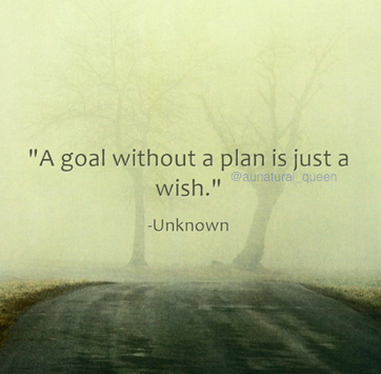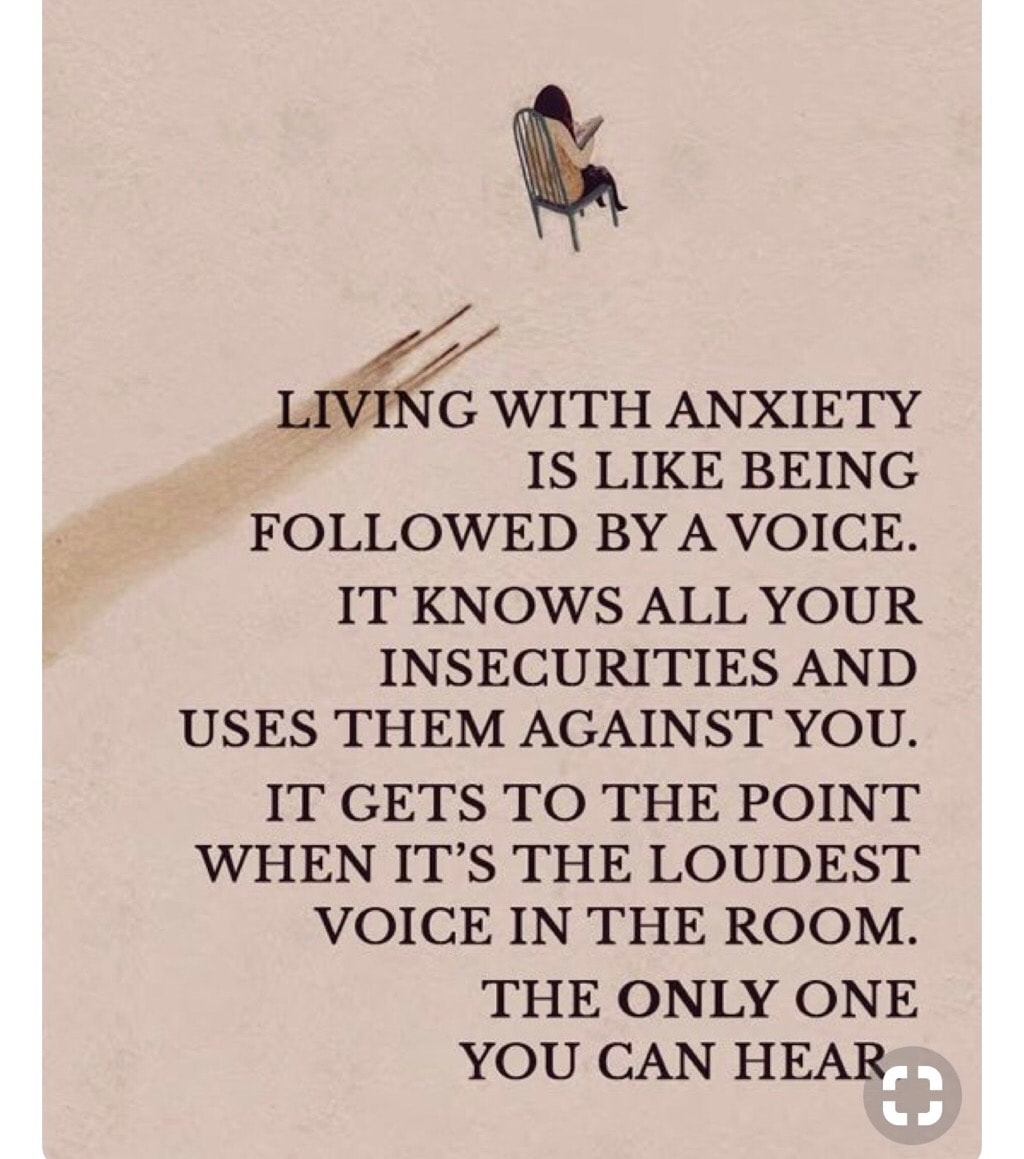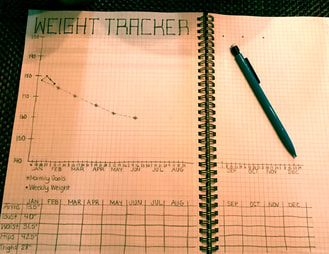|
For the past three weeks, I have been practicing intermittent fasting. For those of you who don't know, intermittent fasting is a way of eating. You eat during a certain time period and you're in a fasting state during the other parts of the day. I made a list of tips to help those of you who are considering fasting. Whether you're doing it for weight loss or just to feel healthier, here are some things to think about while you are doing intermittent fasting. 1. Do your research.I didn't know that there were so many different types of fasts out there. Some people only fast a few days per week. Some people fast for 20 hours and eat for 4. Apparently women shouldn't do certain types of fasts because it interferes with hormones. Make sure you do your research to find the type of fast that is right for you and your specific health goals. 2. Plan around your schedule.Be strategic about your fasting and eating times. Think about it, why fast at noon if you and your coworkers always order food at that time? Or why plan to break your fast at 6 am if you sleep until 9? I planned my eating hours around the times that made sense to me. I would break my fast at noon, which is my normal lunch time, and eat until 6 which is around the time that I'm finished with dinner. 3. ALWAYS have healthy food available.There were a couple of days when I would leave work late and have nothing ready to eat at home, so I would stop at a fast food restaurant. It's quick and convenient, but also full of unnecessary calories, sodium, and fat. I realized that I would have to prepare my dinners the night before so I would have a healthy meal to come home to (the advantages of meal prep!). 4. Find the right time to exercise.When I was doing my research, a lot of people say to exercise right before you break your fast... But I can't even form full sentences when I'm hungry, let alone complete a workout! Plus, I'm at work the hour before I eat. I found that it worked better for me to workout AFTER eating my last meal. It's not ideal to exercise at 7 pm, but it was the best time for me. 5. Don't overdo it.If you feel unbearably hungry, EAT! The goal of intermittent fasting isn't to starve yourself. When you start to feel hungry, drink some water. If you're still hungry, you need to eat a snack (just try not to binge). If you need to, add more hours to your eating period. It's hard for most people to cram your daily nutrition in a few hours. It won't hurt to cut two or three hours out of your fast.
I realized in these past weeks that intermittent fasting is easier than I expected! After a while, it started to feel natural to cut off my eating at a certain hour. It prevents late night snacking (which is my weakness!) and saves time in the morning from not fixing breakfast. At the end of three weeks I had a lot more energy without caffeine, and I was more regular (TMI). I definitely recommend fasting for the general health benefits, but keep these tips in mind when choosing the right one.
0 Comments
This week, I’ve been having one of the worst depressive episodes I’ve had in years. I’m no stranger to depression and anxiety... they have been my faithful companions for most of my life. I tried meds before, but they just made me fat and more depressed. So I have been coping with mental illness on my own. For the most part I can manage it pretty well. I have developed some pretty effective coping mechanisms throughout the years. When I was younger, I wasn’t as rational. I would cut myself, pop prescription pills, drink, starve myself, have sex... anything to make me feel “better.” My mental health journey has taken me to some dark places, but I always seem to find the light. Here are some strategies I use to help me fight my inner demons when I feel like giving up. STAY GROUNDED.Those days when my emotions try to drown me, I have to remind myself that the feelings are temporary. Whenever I feel worthless I tell myself that these thoughts are a result of a chemical imbalance within my brain; they are not real. I repeat that to myself until the irrational thoughts start to fade away. CRY.There is no point in trying to bottle up your feelings. Just let them out! Cry even when the tears don’t make sense. Listen to sad/angry music. Punch a wall (cover it with a picture later!), throw your clothes everywhere, scream out loud. It may sound childish, but sometimes it helps to pitch a fit... just don’t take your anger out on people or pets. PHYSICAL ACTIVITY.I like to exercise when I’m upset. Physical pain helps release emotional distress. Also, it’s acceptable to talk shit to yourself while working out. You can run another mile, you chubby bitch... 20 more reps hoe! I have the best sessions when I’m upset, and I always feel better afterwards. KEEP YOURSELF BUSY.It’s hard to have negative thoughts when your mind is occupied. I like to stay busy with tasks that require attention to detail—puzzles, arts and crafts, cleaning, organizing, etc. Meticulous work forces me to focus on what is in front of me, which tends to calm me down. These are just a few things that help me when I’m feeling down. I hope this post helps someone who suffers from anxiety or depression. What are some of your coping mechanisms?
 I absolutely love this quote. I've been saying this to people for years, which is probably why I don't have many friends... But seriously, people always tell me how they want to be this or that and I just ask a simple question, "what steps are you taking to get there?" Then I get the blank face. I'm included in this category because I do the same thing. Now that I'm a teacher, I understand the importance of goal setting. I encourage my students to do it because lets them see where they are currently in my class, where they need to be, and how much they need to work to get there. If 10 year olds can set goals, all of us can! There are a few steps to follow when goal setting to ensure maximum success. 1. Look at your current situation.Just ask yourself, "What do I want to do/change?" and go from there. 2. Make a plan. The next questions is "What will I do to get there?" Maybe you need to go back to school or start a website to achieve your goals. Im my case, I want to be healthier so I make plans to exercise regularly and eat better. 3. Track everything.It's very easy to keep track of your progress, but what about those setbacks? I'm telling you to keep track of everything that happens in your journey so that you'll know what is causing your success or lack there of. Maybe when you study for a certain number of hours, your grades improve; or you gain weight when you're stressed. It is important to pinpoint trends and patterns so you'll learn what works best for you. 4. Celebrate!I used to be extremely hard on myself with my weight. I would think, "So what if I lost a few pounds? I'm still fat :-(" This year, I promise to celebrate the small wins. It is important to acknowledge all of the hard work you're doing while reaching your goals. Made an A on your exam? Go out for drinks later! You finally fit into that dress from two years ago? Go out for drinks! You saved more money this month... go out for drinks! Don't be afraid to treat yourself sometimes. You deserve it! 5. Keep going.Last, but not least, keep going. Never stop improving because you can always be better. Even after you reach your original goals, repeat the process and set some more!
What goals do you plan on reaching this year? I would love to hear from you! |
AuthorWhitney has a B.S. in Exercise Science that she will most likely never use. Archives
April 2018
Categories |


 RSS Feed
RSS Feed
